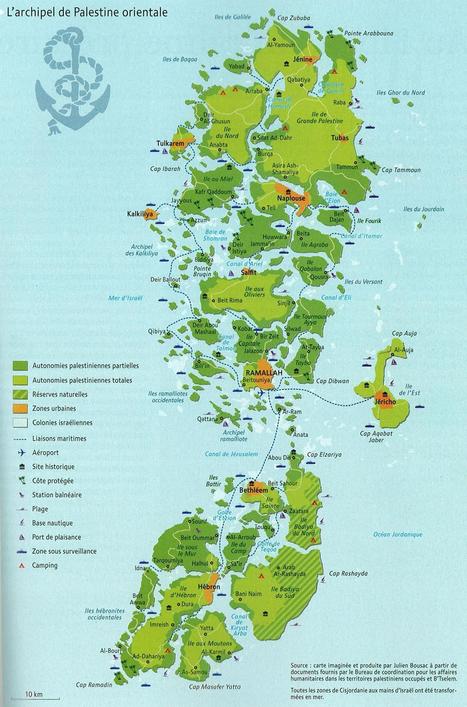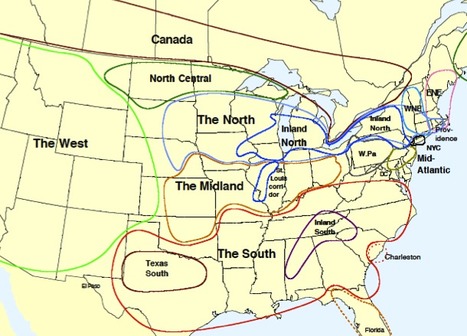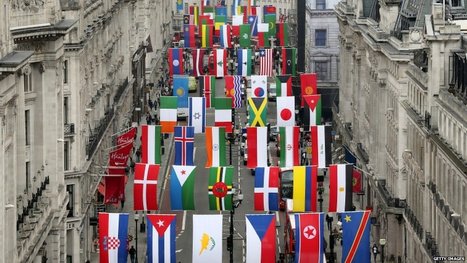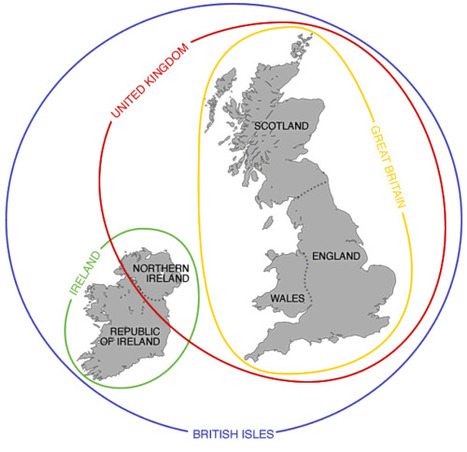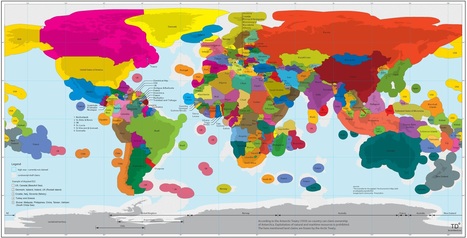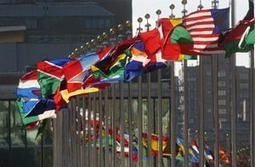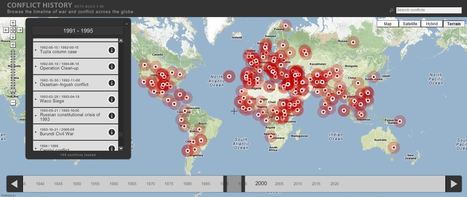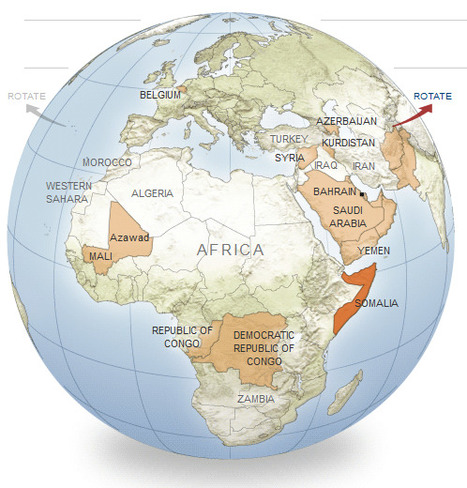The shape of a state can greatly impact the political cohesion of a country as well as it's economic viability. While this is obviously a fictitious map, it draws our attention to the logistic difficulties that confront Palestine with the Israelis controlling crucial transportation access points and corridors.
Questions to Ponder: How is this a 'persuasive map?' What are some of the geographic impacts of this fragmentation on Palestine? For Israel?
Tags: cartography, MiddleEast, political, states, territoriality, unit 4 political.



 Your new post is loading...
Your new post is loading...

